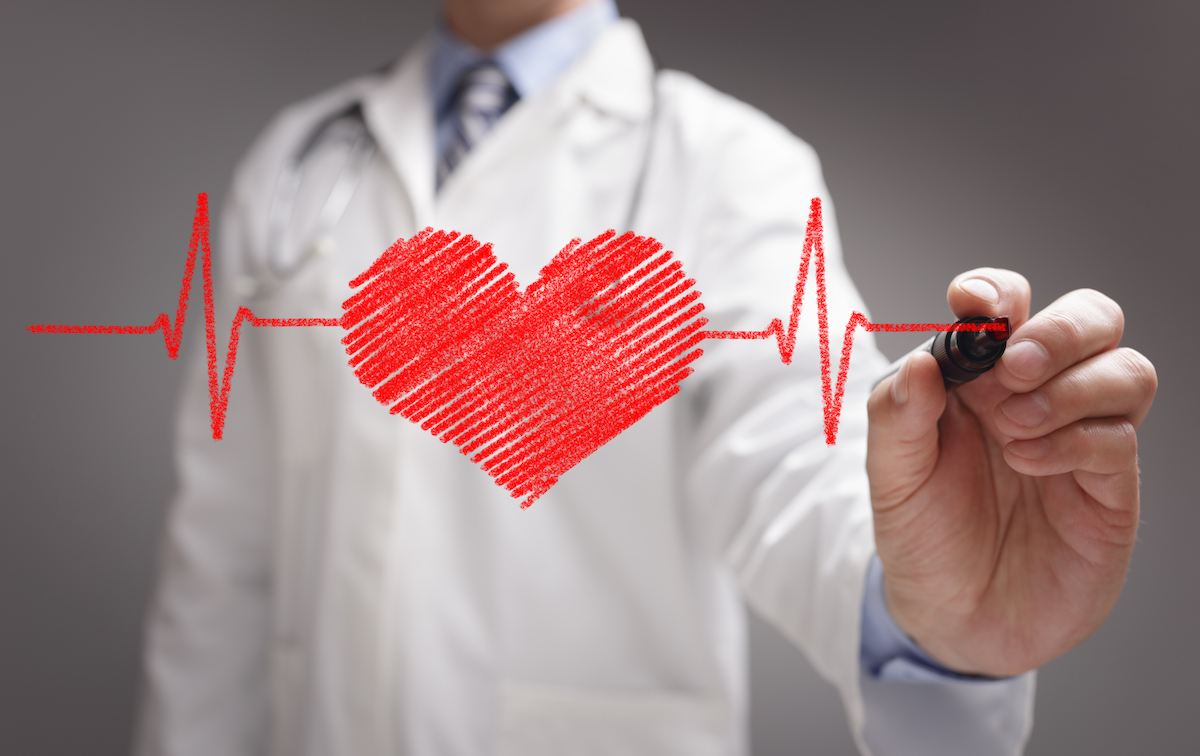Amidst all the talk this month of matters of the heart, with its figurative breaks and aches, what about the actual, literal organ itself? Apart from Valentine’s Day, February also plays host to Heart Health Month. According to Dr. Mary Ann McLaughlin, associate professor of cardiology at Mount Sinai Health System, “more women die of cardiovascular disease than any other disease, including cancer.” We talked to Dr. McLaughlin about what women need to know to stay on top of their heart health. How and when should women get tested for heart problems?
Starting at age 20, everyone should have their cholesterol and their blood pressure checked. Depending on those numbers and family history, cholesterol should be checked every five years; blood pressure should be checked every year. Women who are postmenopausal should talk to their doctors about getting screened, [because] after the estrogen declines, their LDL [harmful] cholesterol levels increase. What are the best ways to prevent heart problems?
Know what your numbers are. There’s so much hidden sugar and salt in prepackaged and premade foods, so you have to be careful. Know your blood pressure and your risk for high blood pressure and try to avoid those salty things. If heart problems run in your family, what can you do to protect yourself?
It’s important to make sure your doctor knows it, and maybe see a cardiologist. We can look at [more detailed tests].
What are the warning signs of a heart attack?
Women report more of an overwhelming fatigue. Women get the same squeezing sensation in their chest [as men]; sometimes say their bra feels too tight around the chest. Both men and women can [experience] pains down both arms. In the older population, family might say they’re not acting like themselves, or having shortness of breath. What medical interventions would you take in a woman with indicators for heart disease?
You can give them medications like nitroglycerin to dilate the arteries; aspirin to thin the blood; and [certain] meds that can lower the blood pressure.
Is it a good idea to take a baby aspirin daily?
People who have a history of ulster disease or bleeding problems shouldn’t. The benefit of taking aspirin for healthy women really shows up around age 65. In women who have real high risk factors, we can get them to start at a younger age.
Ask Mount Sinai: Women’s risk of heart disease

ISTOCK


















